Best Seasons for Foundation Repairs
Foundation repairs are most effective when performed during specific weather conditions and seasons. Optimal timing depends on factors such as soil moisture levels, temperature, and seasonal ground movement. Proper timing can help ensure the longevity and stability of repairs, reducing the likelihood of future issues.
Spring offers moderate temperatures and soil moisture, making it a favorable time for foundation repairs. Soil expansion during this period can help in stabilizing the foundation after repairs.
Late summer and early fall typically provide stable weather conditions, with less extreme temperature fluctuations, which is beneficial for foundation work.
Cold weather and frozen ground can hinder repair processes and compromise the effectiveness of certain repair techniques. It is generally advised to postpone foundation repairs until the ground thaws.
Timing repairs during periods of consistent soil moisture can prevent further shifting and movement, ensuring better results.
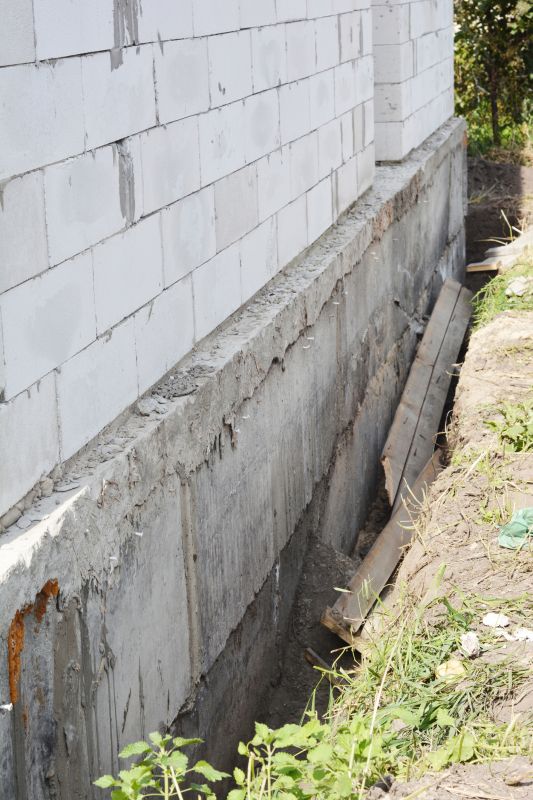
Ways to make Foundation Repairs work in tight or awkward layouts.
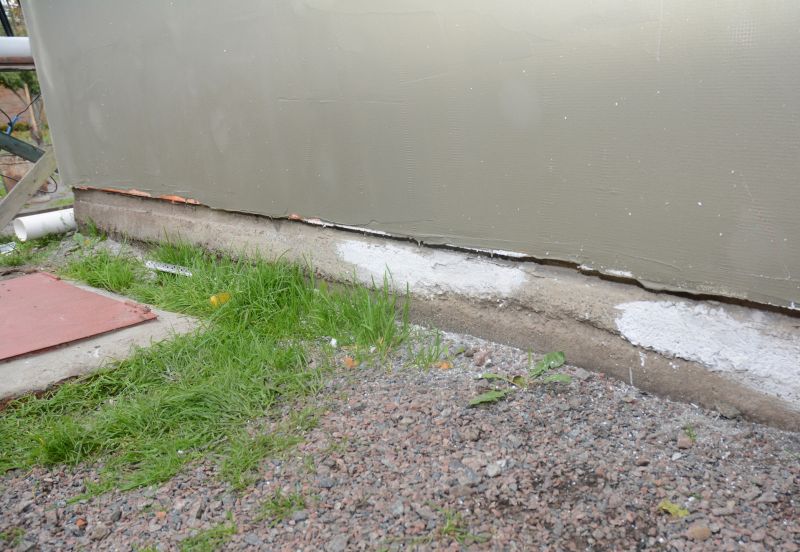
Popular materials for Foundation Repairs and why they hold up over time.
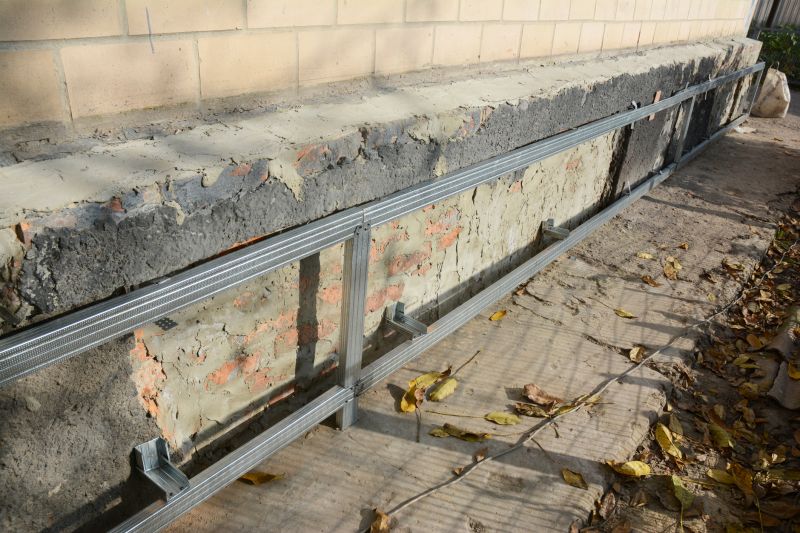
Simple add-ons that improve Foundation Repairs without blowing the budget.
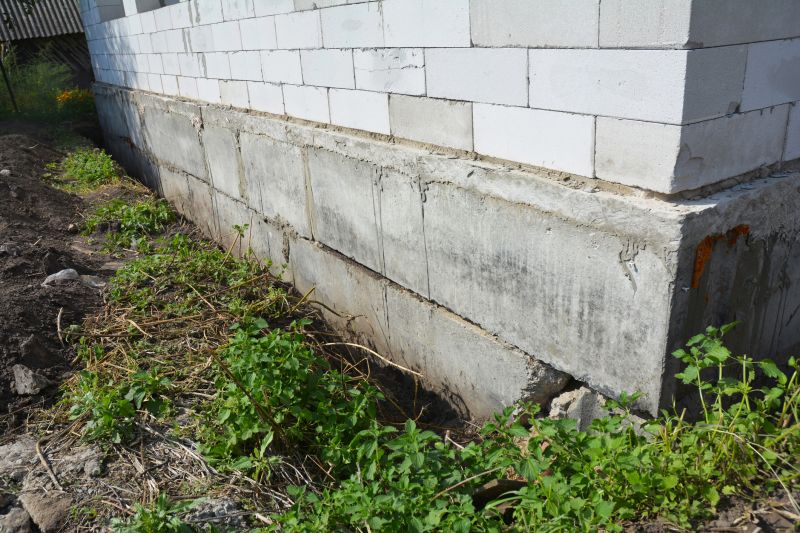
High-end options that actually feel worth it for Foundation Repairs.
Foundation repairs address issues such as cracks, uneven settling, and shifting caused by soil movement, water damage, or poor construction practices. Timely repairs can prevent further structural damage and improve the stability of a property. Studies indicate that addressing foundation problems early can reduce repair costs and prevent more extensive structural failures.
Understanding seasonal soil behavior and weather patterns is crucial for scheduling foundation repairs. Soil tends to expand during wet seasons and contract during dry periods, influencing the stability of the foundation. Repair strategies are most effective when timed to coincide with periods of minimal ground movement.
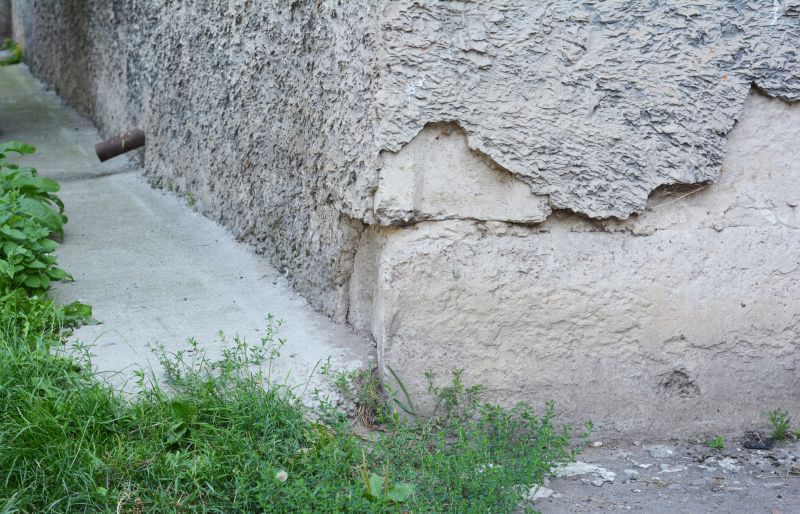
Finishes and colors that play nicely with Foundation Repairs.
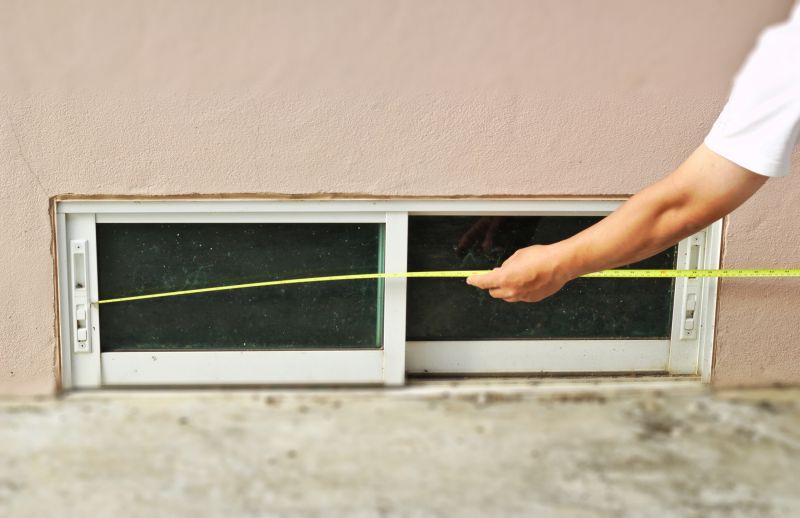
Little measurements that prevent headaches on Foundation Repairs day.
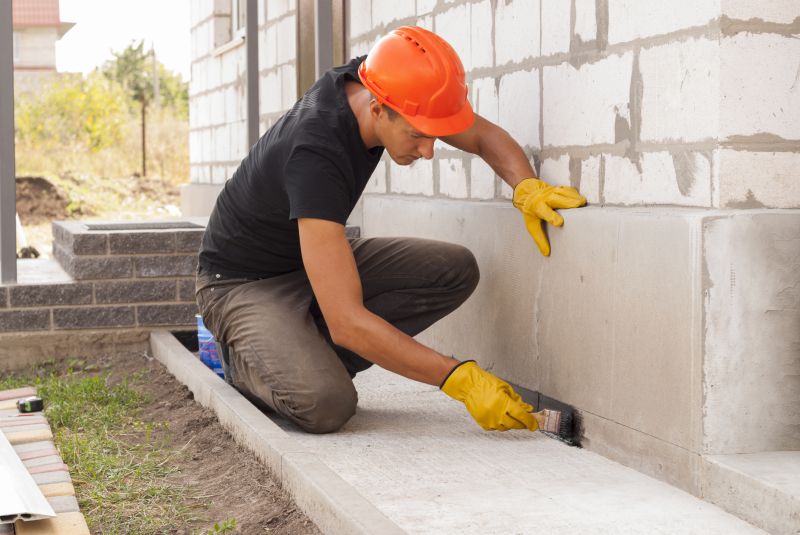
A 60-second routine that keeps Foundation Repairs looking new.
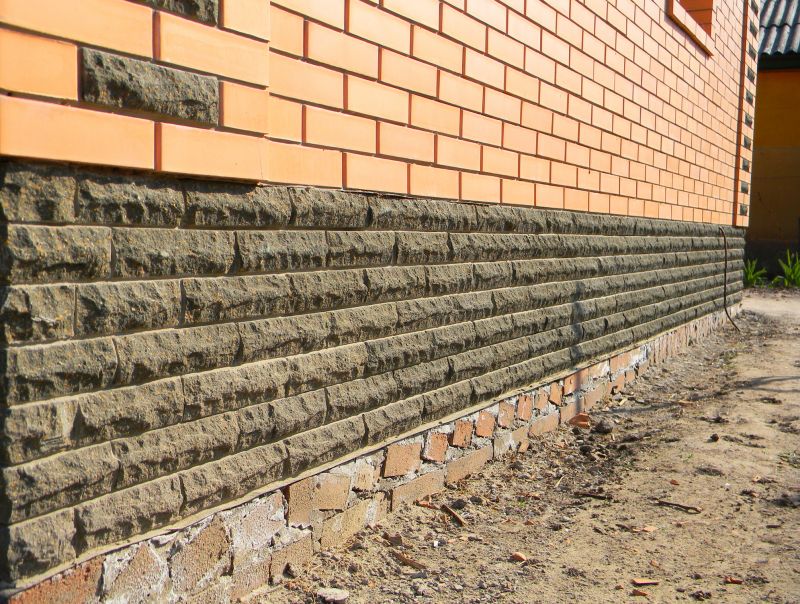
A frequent mistake in Foundation Repairs and how to dodge it.
| Season | Optimal Timing for Foundation Repairs |
|---|---|
| Spring | Ideal due to moderate soil moisture and temperatures. |
| Summer | Suitable in late summer with stable weather. |
| Fall | Good choice before winter sets in. |
| Winter | Generally not recommended due to frozen ground. |
| Post-Drought | Timing repairs after soil moisture levels stabilize. |
| After Heavy Rain | Allow soil to settle before repairs. |
Properly timed foundation repairs can significantly enhance the stability and safety of a property. Consulting with foundation specialists can help determine the best window for repairs based on local weather patterns and soil conditions. Filling out the contact form can provide additional guidance and schedule an assessment tailored to specific needs.

